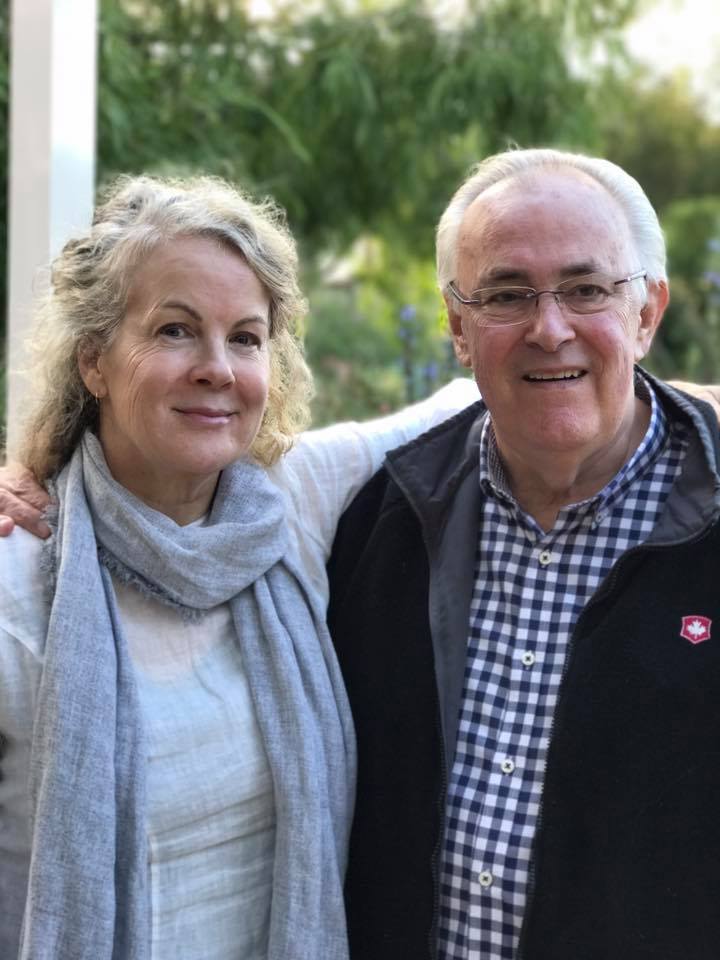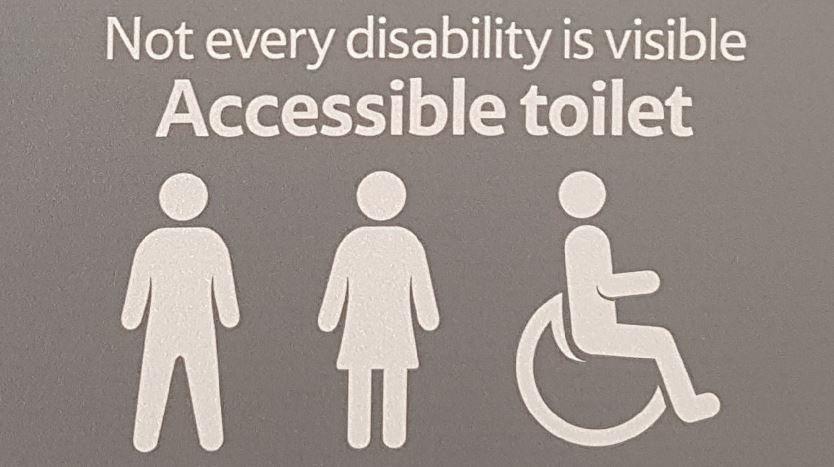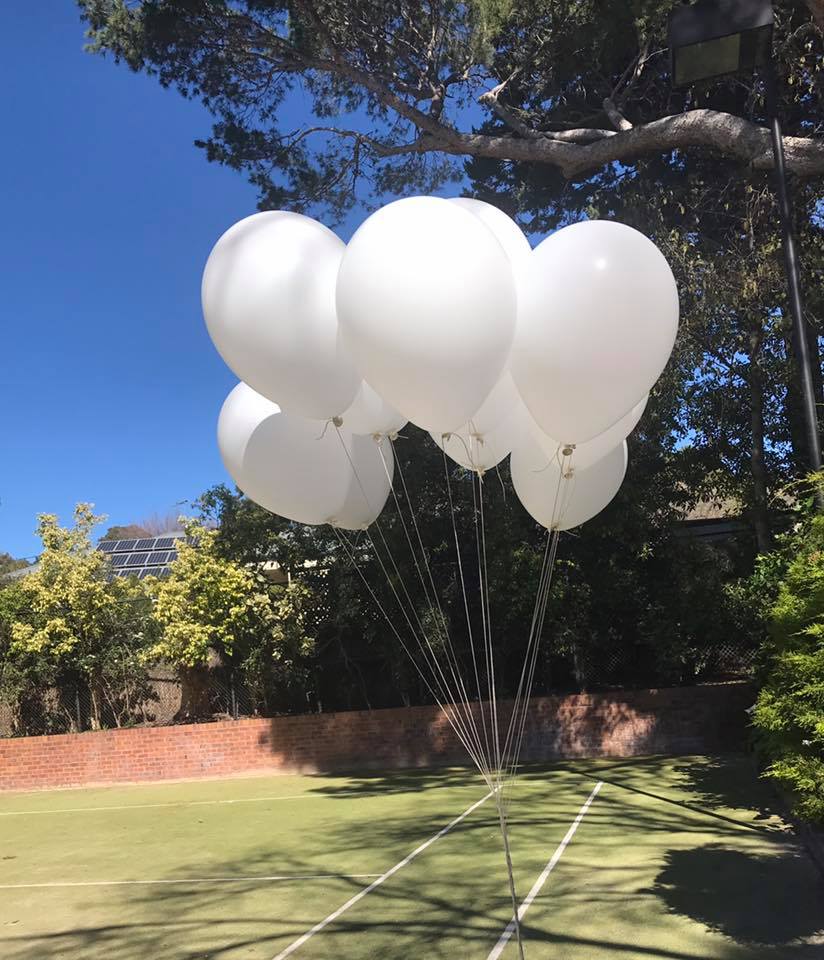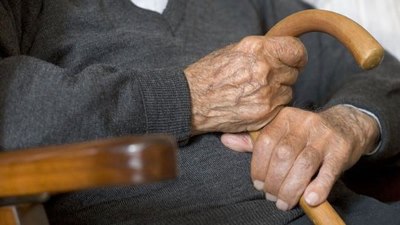
Hi Everyone,
Yesterday my uncle sadly passed away from Parkinson’s Disease. I wanted to share his family story because I feel that whilst their situation is unusual, it is not unique. I also believe we can learn some things in the process in how to handle grief.
My uncle and his wife live in a country based aged care facility in a double room. The complication is that my aunty has dementia (stage 4/5), and relied on her husband to do most of their ‘thinking and remembering’. My aunty was the ‘doer’ and did all the cooking, cleaning and almost everything else, so I guess they balanced each other out. As a couple they were inseparable. The other complication is all immediate family live interstate.
My initial concern was for the welfare of my aunty and how she will cope with the loss of her husband, how she will cope day to day and her overall well-being. I decided to reach out to our fabulous ‘dementia whisperers’ ( Jane Doolette and Sue-ellen Taormina) for some valuable advice and tips. I am sure they won’t mind me sharing these tips to our DD community as it certainly is a great learning opportunity that can help families.
**Please be aware there are many different ways to handle dementia and it really depends on the individual and where they are at with their dementia. Following are some great ideas to consider but seek further advice to tailor to your individual needs:
THE IMMEDIATE (Jane):
Your aunty needs to be validated that he is gone and allowed to cry if she is upset. She needs someone (that understands dementia) to sit with her and gently (re) tell her. She needs to be part of the arrangements, seek her ‘advice’ or approval on decisions made. It’s so easy for her to get lost in the busyness of arrangements and all the people involved.
If possible she needs to go to the funeral with someone who cares and loves her and hold her hand – probably it would be too overwhelming to go back to the ‘wake’ etc unless she wants and I’d suggest no longer than half an hour and then quietly take her home.
Make sure she had the funeral card with his photo on it (perhaps 2) so that it can be put on her bedside table and that she is allowed to talk about him. It’ll be hard immediately with the empty bed and perhaps the curtains around that bed could be pulled for scheduled parts of the day.
LATER ON (Jane):
I imagine she may get moved to a single room, hopefully it’d be after the funeral but I somehow doubt that. ($ and beds). When she moves it’s really important that the new room is set up as much as possible to a smaller version of what they shared.
If she has something of his (chair or something he cherished) have that in her new space. I think that it’s important over the next 6 weeks (somewhat is considered ‘normal’ grieving time) that this grieving rituals are acknowledged with and for her.
Follow her cues but if possible talk about him, people often think that those with dementia don’t grieve or miss.
Around that time, it’s time to move forward slightly- for example, move the funeral card from the bedside to on the wall so that he is remembered but add the happy photos of him, probably when they were younger.
If/when she asks where her husband is, it is advisable to say ‘he’s not here’ (Some staff may sometimes say that her husband has passed away, whilst factual may upset the person with dementia) and try to steer the conversation to the good times eg ‘john loved his golf didn’t he?….etc
THE IMMEDIATE (Sue-ellen):
There are a couple of ways to handle the death of a spouse depending on the stage of dementia! I think in the beginning we owe it to person with dementia to clarify if your aunt will respond better to the truth or whether it would be in her best interest to just offer lots of loving support and blitz her world with lots of visuals of her husband and constant reminisce.
Sometimes it is cruel to let the person with dementia relive the shock and pain of losing their spouse, if we remind them when they forget … having said that at a stage four using the same language ie when asked “where is my husband?” staff respond truthfully – but use the same words and offer physical comfort and reminisce to help her remember.
Putting a new resident in the room with her is not a good idea either … it will make her anxious. In the past I have told the person ‘the truth’ (about the death) and gauged their reaction and then set up the way to go forward based on that reaction.
LATER ON (Sue-ellen):
It goes without saying that ongoing care and emotional support is paramount. Keeping her busy will also help with the process so she does not miss his company so much.
She would have spent most of her time with him also so fostering new relationships will be important – maybe another lady with the same interest?
Getting lifestyle staff involved can also help your aunt feel valued and not so alone.
A reminisce Book is also a good tool to help your aunt remember good times.
*Thank you for these expert insights Sue-ellen and Jane and I really appreciate your input.
Special thoughts to all my extended family at this sad time






















 Facebook
Facebook Twitter
Twitter LinkedIn
LinkedIn